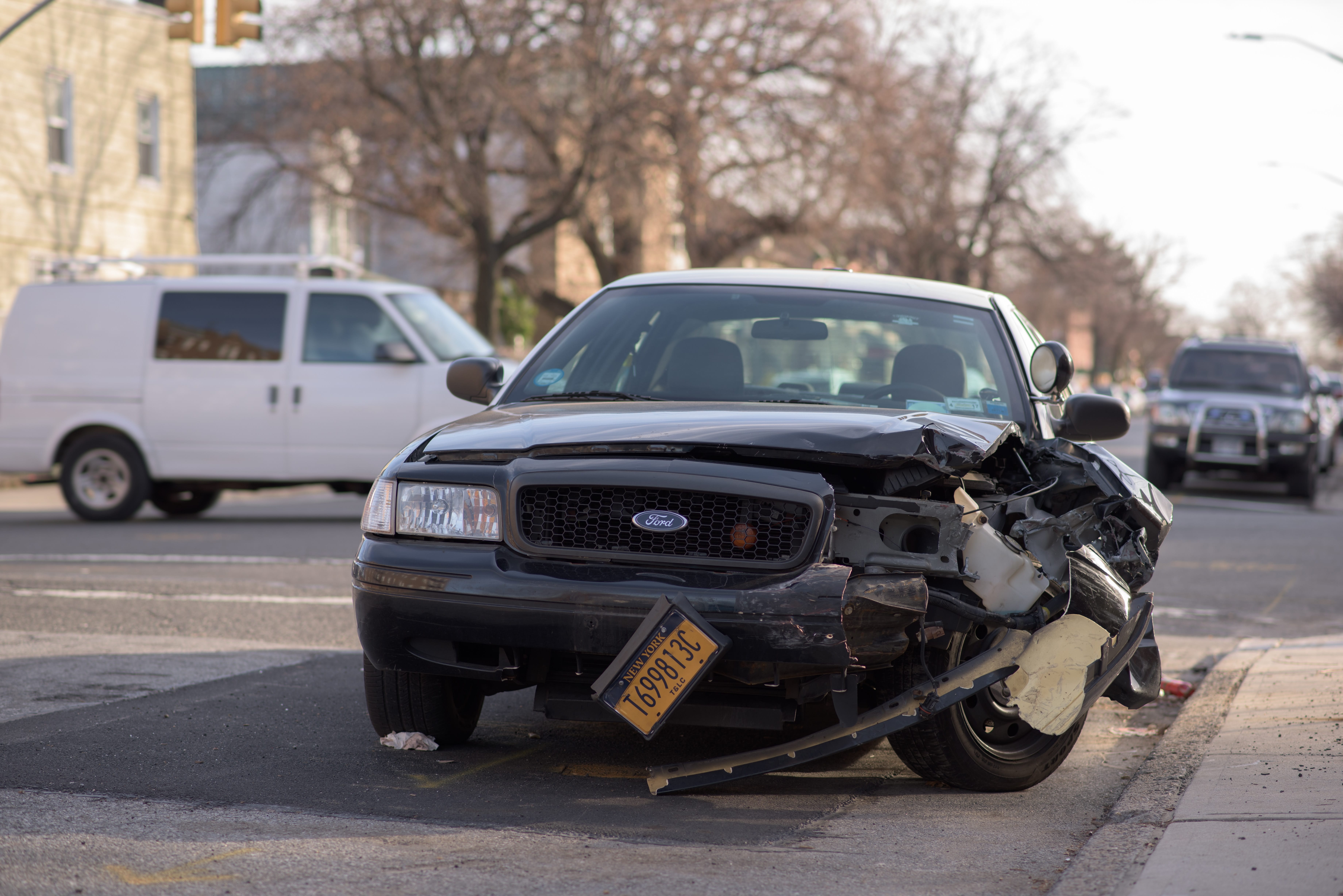When you have an auto insurance claim, you need to be very careful to avoid saying something the insurance companies can use against you.
When you get injured in a car accident, you generally need to report the accident to your insurance company. Not only is this necessary in order to obtain coverage for your losses, but it can also be necessary for maintaining your policy. Auto insurance companies typically require their policyholders to report all accidents; and, if you don’t report an accident, your insurance company may decide that it is no longer going to provide coverage. Lapses in coverage can be costly, so this is generally a scenario you want to avoid.
However, when reporting a car accident to your insurance company, you need to be very careful. If you say things you shouldn’t, reporting your accident could end up doing more harm than good. Your insurance company might use your own words against you, and you could very easily end up without the financial compensation you deserve.
7 Things Not to Tell Your Insurance Adjuster After a Car Accident
So, what do you need to avoid saying when you report a car accident to your insurance company? Here are seven things not to tell your insurance adjuster:
1. You Caused the Accident
No matter what you were doing when the accident happened, you should not tell your insurance adjuster that you caused the accident. There are two main reasons why: First, if you caused the accident, this could severely limit the amount you are entitled to recover. Second, at this point, you have no idea whether you caused the accident or not.
For example, let’s say you were speeding. Was your speed actually a factor in your crash? Or, would the crash have happened regardless? Or, let’s say you were distracted. Could you (and should you) have avoided the collision? Or, were you helpless to prevent the accident from occurring.
To be clear, you should not misrepresent what happened. Rather, you simply shouldn’t say anything at all. Your insurance company will conduct an investigation, and you are under no obligation to admit fault—especially when you don’t yet know what actually caused the crash.
2. You Think You Might Have Caused the Accident
Just as you should not admit to causing the accident, you also should not say that you think you might have caused the accident. Even this is enough to create issues during your insurance claim. Instead, stick to the facts you know for certain, and don’t make any assumptions that could lead to problems down the line.
3. You Are Sorry
In this same vein, you should not say that you are sorry. This is a natural reaction—especially for drivers who believe they were (or may have been) at fault. The insurance companies know this, and they will not hesitate to extrapolate from your apology to assume that you were to blame.
Likewise, you should not apologize to anyone else who was involved in the accident—at least not right now. The insurance companies can use your statements to others against you as well; and, again, at this stage you still don’t know for sure whether you played a role in causing the crash.
4. You Feel Fine
When you are on the phone with your insurance adjuster, you should not say that you feel fine. Even if this is true right now, it might not hold true in the days or weeks to come. Many types of accident-related injuries can cause delayed symptoms. However, if you tell your adjuster that you feel fine, this could make it much more difficult to seek compensation—as your insurance company will almost certainly dispute your claim that your injuries resulted from your accident.

What should you say instead? When dealing with your insurance company, you should never be afraid to say, “I don’t know.” You can also say that you are going to see a doctor (which you should), or that you are waiting for test results (if this is the case).
5. You Will Sign a Medical Release
Staying on the subject of medical care, you should refuse to sign a medical release for your auto insurance company. You don’t have to sign one; and, if you do, it will only work to your disadvantage. Signing a medical release allows your auto insurance company to obtain your medical records (and potentially even talk to your doctor), and this is not something you want when you are dealing with traumatic injuries from a vehicle collision.
6. You Don’t Have a Lawyer
If you don’t currently have a lawyer, you should get one. Dealing with the insurance companies is not easy, and you will need a lawyer to help you collect just compensation. With this in mind, if your insurance adjuster asks whether you have a lawyer, you should say that you will be getting one promptly.
7. You Accept
Finally, when talking to your insurance adjuster on the phone, you should never accept an offer of settlement. Settling your claim prevents you from seeking any additional compensation. While you might eventually decide to settle your claim, you will need to make this decision with a full understanding of your financial and non-financial losses—and with the advice of an experienced attorney.
What Should You Tell Your Insurance Adjuster?
Those are some of the most important things not to tell your insurance adjuster. Now, what should you say when reporting a car accident to your insurance company?
When reporting a car accident, you should strictly report the facts that you know—and you should only report the facts that are necessary to initiate your insurance claim. In most cases, this means that you should provide:
- The location where the accident occurred;
- The time the accident occurred;
- Which insured vehicle you were driving (if you have multiple insured vehicles); and,
- The other driver’s vehicle and insurance information (if you have it).
Otherwise, keep your thoughts between you and your attorney. Your attorney can decide what additional information to provide to your insurance company (and when), and your attorney can deal with your insurance company for you so you don’t accidentally say anything that jeopardizes your claim.


Join the conversation!